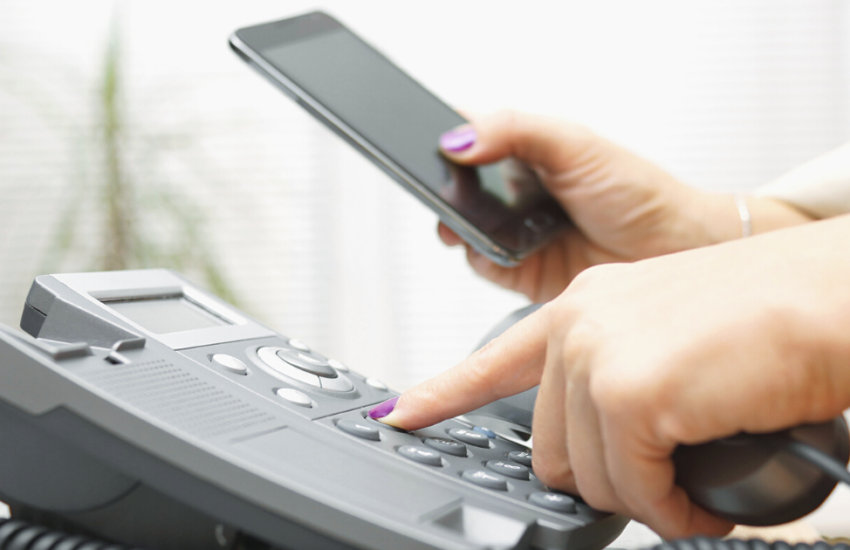Port? Park? VoIP? Is Telephony even a word?!
It can be confusing. NumberGarage™ is here to break it down. These are a few questions you might have while choosing how to manage your extra phone numbers.
What am I doing when I port my phone number?
Think of it like this: your telephone number is an airplane, and the phone companies are the airlines (American Airlines®, Southwest Airlines®, etc.). Wherever your number is ported (AT&T®, Verizon®, GoogleVoice®, NumberGarage™, etc.), that entity is providing service to your number for you, just like a plane sitting at the airport is serviced by an airline company. YOU are the pilot, which means you own your phone number. You can choose where to port that number and when to fly away, which in telecom speak is called “porting out.” When you port your number to NumberGarage™, that means we’re servicing your phone number for you.
If you don’t have an airline representing and servicing your plane, well, your airplane is abandoned and cannot fly. Your phone number works the same way – if you leave your current phone company without porting your number somewhere else first, the number has nowhere to go – you’ve just flown your plane into the Bermuda Triangle. Always make sure your number is safe in its new port before canceling service with your old provider.
What happens when I park my phone number?
Once a port is complete you can either park your number or forward your calls to a different one. When you park a phone number you are putting it in storage. Back to the airplane analogy, you would have an airline that still services the plane, it would just be parked safely in a hangar for later use. Simple as that. People park numbers for all kinds of reasons: maybe they’re traveling for an extended period of time, being deployed, or maybe they want to reserve a catchy phone number for a future business venture, or even prevent someone else from taking ownership of a particular number.
What is this “VoIP” thing all the kids are talking about?
VoIP stands for Voice Over Internet Protocol, which is a fancy way to say talking over the internet instead of over wires up in telephone poles. NumberGarage™ and companies like us are VoIP service providers – we use the internet to meet your telephony needs!
Speaking of “telephony,” is that even a word?
Telephony is all things telephone. It’s technical definition is: the branch of science devoted to the transmission, reception, and reproduction of sounds, such as speech and tones that represent digits for signaling. Note 1: Transmission may be via various media, such as wire, optical fibers, or radio. Note 2: Analog representations of sounds may be digitized, transmitted, and, on reception, converted back to analog form. Note 3: “Telephony” originally entailed only the transmission of voice and voice-frequency data. Currently, it includes new services, such as the transmission of graphics information. 2. A form of telecommunication set up for the transmission of speech or, in some cases, other sounds. (from ATIS Telecom Glossary)
More telephony terms leaving you befuddled? Check out the Alliance for Telecommunications Industry Solutions (ATIS) searchable glossary here.

